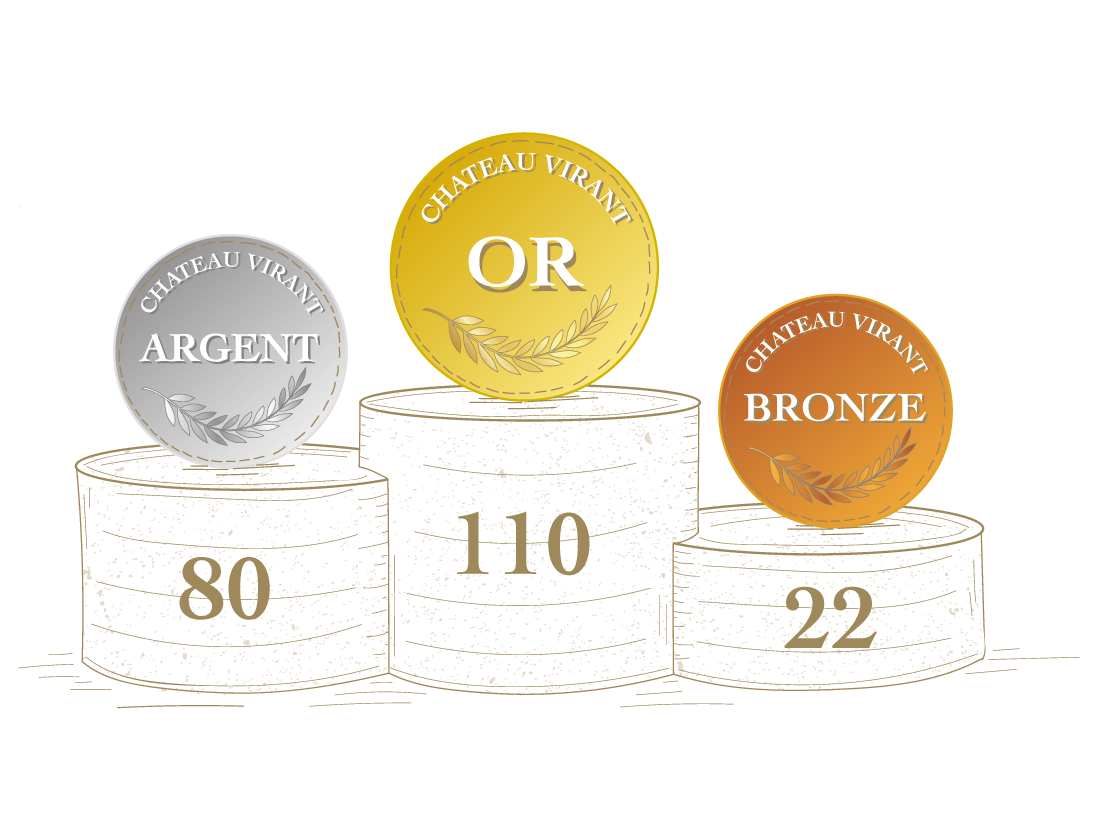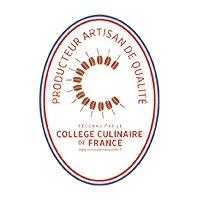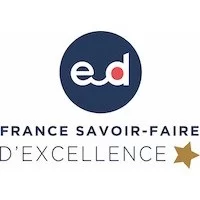How is the price of a bottle of wine determined?
The price of a bottle of wine is defined by taking into account the supply and demand on a competitive market, the cost of production and the desired profit.
The price of a bottle of wine can vary from 3 to several tens of thousands of euros. Sometimes, the criteria for setting the price are not only based on its quality.
In fact, several criteria intersect, notably the terroir, the domain, its size, the rarity of the wine, its flavors, and its reputation, which is a guarantee of quality. Prestigious and sought-after appellations such as Champagne or Pomerol increase the value of the bottle. Several French estates that have acquired a reputation for luxury sell their bottles for several thousand euros. There is a real work done by the wine growers to maintain the quality and the reputation of the great domains.
The conservation of the wine also plays a role, because the bottle becomes an object of collection. Indeed, a wine for ageing could be more expensive to buy because it increases in value over the years, depending on the vintage. Some wine lovers prefer to invest in bottles, which they consider to be works of art. The price of these bottles can go very high.
The methods of production, harvesting and vinification also play a role in determining the price. Here, mechanization, age of the vine, yield, and winemaking techniques are criteria to analyze.
The price of a bottle of wine can increase if it has won a prize or an award in a competition.








